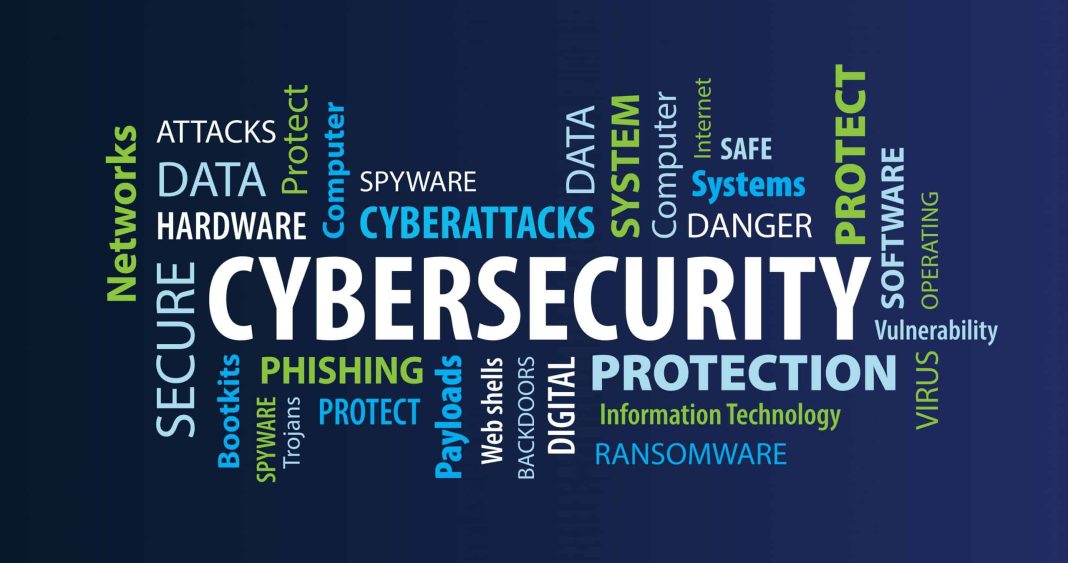Ignoring cybersecurity can have serious and far-reaching consequences for individuals, organizations, and society as a whole.
On a personal level, ignoring cybersecurity can lead to identity theft, financial loss, and damage to one’s reputation. If you do not protect your personal information online, and offline, it could be easy for hackers and other malicious actors to gain access to your accounts and steal your sensitive data. This could lead to unauthorized activities like charges on your credit cards, fraudulent accounts being opened in your name, and even identity theft, where someone pretends to be you and commits crimes or obtains goods and services in your name.
In addition to financial consequences, ignoring cybersecurity can also lead to damage to your reputation. For example, if your social media accounts are hacked, the hacker could post inappropriate content or send malicious messages to your contacts, which could damage your relationships and reputation.
For organizations, ignoring cybersecurity can have even more serious consequences. A data breach, where hackers gain access to an organization’s sensitive information, can lead to financial losses, legal problems, and damage to reputation. Data breaches can also disrupt business operations and cause downtime, leading to loss of productivity and revenue.
In some cases, the consequences of ignoring cybersecurity can extend beyond an individual or organization and impact the society as a whole. For example, a cyber attack on a country’s infrastructure, such as its power grid or transportation systems, could have serious implications for public safety and national security. A cyber attack on a hospital’s computer systems could compromise patient data and disrupt critical healthcare services.
Ignoring cybersecurity can also have broader economic consequences. For example, if consumers lose trust in a company’s ability to protect their data, they may be less likely to do business with that company, leading to financial losses.
In short, ignoring cybersecurity can have serious and potentially devastating consequences for individuals, organizations, and society. It is important to take steps to protect ourselves and our information online, such as using strong passwords, being cautious about what personal information we share online, and keeping our computer and mobile device software up to date.



